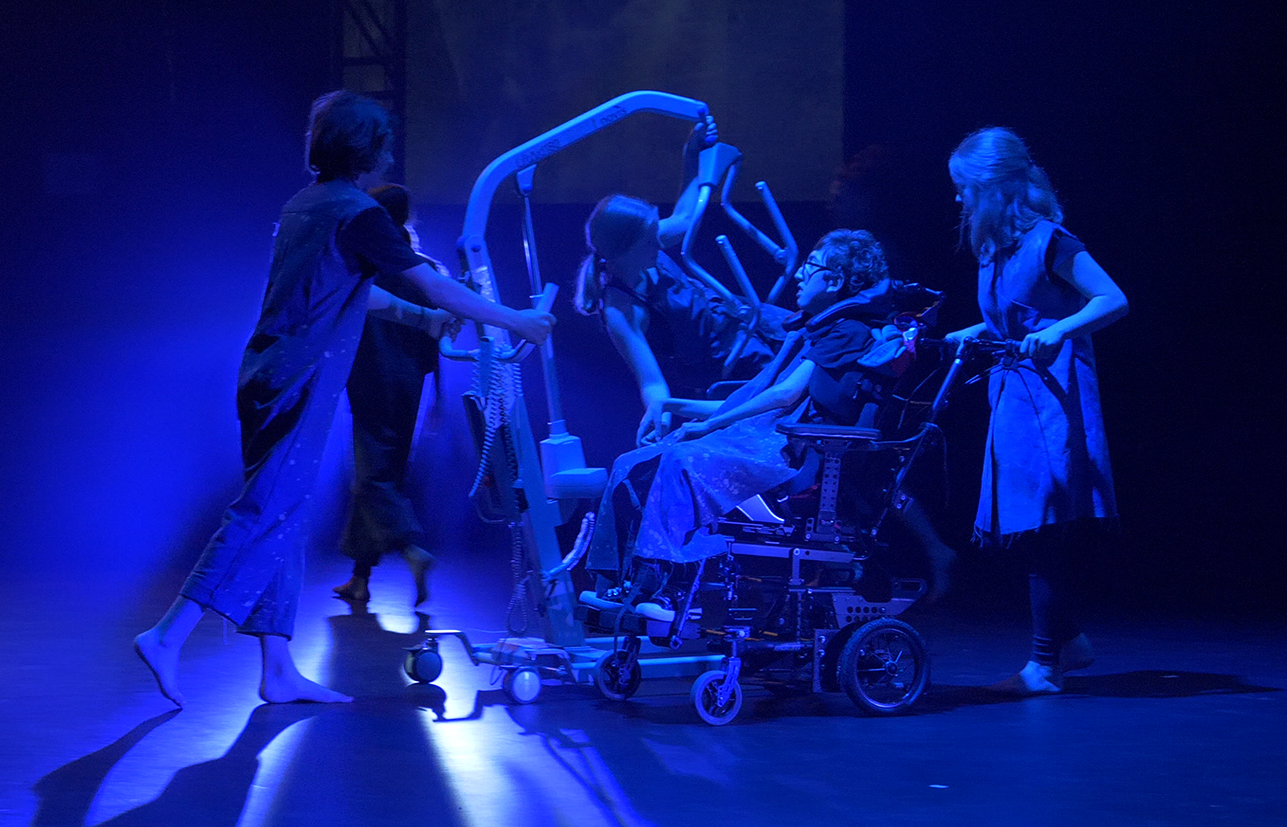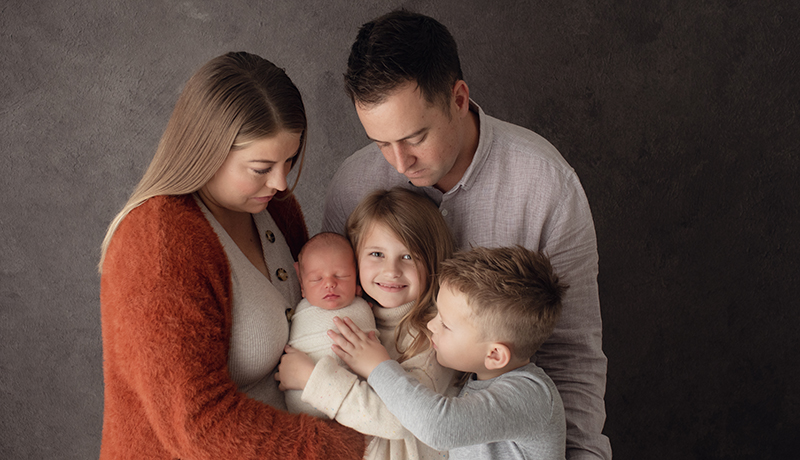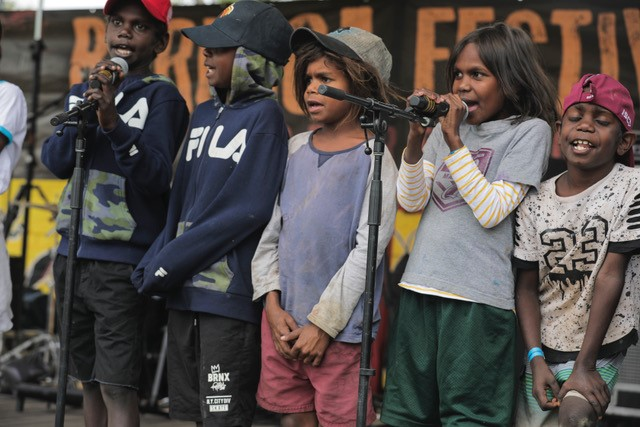Search
Research
Delayed airway epithelial repair is correlated with airway obstruction in young adults born very pretermNasal epithelial cells from young adults with a history of very preterm birth show delayed closure following scratch-wounding. Repair correlated with lung function, suggesting epithelial barrier integrity may play a role in preterm-associated lung disease.
Research
The need for community-controlled tools to monitor health impacts of housing and living conditions in AustraliaWe explore the contemporary landscape of housing investments and initiatives seeking to improve health outcomes among Aboriginal and Torres Strait Islander people in Australia, as well as the dearth of quality evidence and agreed approaches to evaluation.
Research
Fathers’ Self-Compassion and Child Attachment Quality: Testing a Sequential Indirect Effect via Emotion Regulation Difficulties, Loneliness and psychological distress in two paternal samplesSelf-compassion has emerged as a promising treatment target to promote healthy parent–child relationships, though mostly in maternal samples. The mechanisms through which self-compassion may optimise the father-child relationships are not yet well-established.
Research
The National Paediatric Applied Research Translation Initiative (N-PARTI): using implementation science to improve primary care for Australian children with asthma, type 1 diabetesGeneral practice-based care for Australian children is facing low levels of clinical guideline adherence particularly in three key areas: asthma, type 1 diabetes and antibiotic use. We offer an implementation science-informed position paper, providing a broad overview of how we aim to address this issue.
Research
Subnational tailoring of malaria interventions to prioritize the malaria response in GuineaIn the context of high malaria burden yet limited resources, Guinea's national malaria programme adopted an innovative subnational tailoring approach, including engagement of stakeholders, data review, and data analytics, to update their malaria operational plan for 2024-2026 and identify the most appropriate interventions for each district considering the resources available.
Research
Bereaved parent involvement in co-designed stillbirth research: Experiences of Project EngageWhile benefits of involving consumers in research are well established, bereaved parents face unique challenges, and descriptions of their experiences with co-designed stillbirth research are lacking. The collective experience of ‘Project Engage’ involved co-designing resources to support bereaved parents’ involvement in research.

A quality of life tool developed by disability researcher Jenny Downs is helping to reveal the difference specific interventions can make to the lives of children and families living with disability.

Video technology is helping researchers learn more about the earliest features of autism, and in turn is helping families gain access to better interventions.

A song written by kids in Barunga as part of the END RHD Communities Project is helping prevent the spread of infections that cause rheumatic heart disease in remote Aboriginal Communities.

Ask our experts a question about the COVID-19 pandemic.
